I saw Chadwick Boseman in person once in 2017 when he visited Cramton Auditorium for a screening of “Marshall” in which he played Howard University law school graduate and U.S. Supreme Court Justice Thurgood Marshall. These kinds of events with celebrity appearances were one of the many perks of being a Howard student in a pre-pandemic world and would be among a series of public appearances the 2000 graduate would make on campus in recent years.
“Chadwick wanted to be at Howard with ‘Marshall,’” said Jackie Bazan, founder and CEO of Bazan Entertainment Marketing, who worked with Boseman and his team for about six months, organizing tours of “Marshall” and “Black Panther,” including screenings of both for Howard students.
“He felt that, of course, ‘Black Panther’ is incredibly important, but ‘Marshall’ and representing Justice Marshall was incredibly important to him … as a Howard man representing a Howard man.”
It was only a few months later that Boseman would make history playing Marvel’s first Black superhero. The magnitude of “Black Panther,” its head-to-toe embodiment of Black excellence and what it meant for the representation of diasporic culture is still hard to fully grasp. That it was helmed by a son of the illustrious Howard University is awe-inspiring — especially for a child of two Howard alumni who made a family tradition of watching almost every new Marvel film in our hometown theaters. (I carried out our tradition on my own with the same level of excitement at a Chinatown theater in Washington on opening night.)
As someone who was admittedly not aware of the actor before his 2016 debut as T’Challa in “Captain America: Civil War,” learning about Boseman’s previous portrayals of Jackie Robinson in “42” in 2013 and James Brown in “Get On Up” in 2014 clarified his arrival at “Marshall” and fortified my anticipation of his inevitable success as the Black Panther.
It’s also the very combination of factors that make his death after a private four-year battle with colon cancer so incredibly heartbreaking.
At a time when Black suffering seems ceaseless, to lose a star who was intentional about telling our stories with dignity and humanity seems cruel and unfair. Boseman’s passing comes days after that of Howard University sophomore Zaniyah Griffin — forging tragedy on both ends of the promise of our university.
It’s rattling to realize Boseman was around a year into his colon cancer diagnosis at the time of that 2017 screening. It saddens me deeply to know he suffered in plain sight for so long, but I am reminded that we weren’t entitled to know about his health struggles, regardless of how much we felt connected to or represented by him.
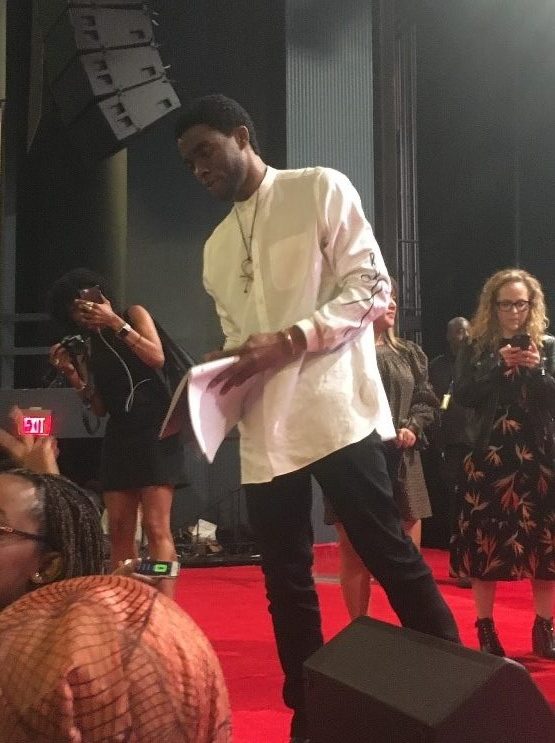
Boseman seemed taken aback by the loving response from students in the audience yet rightfully feeling himself in the midst of his ever-increasing success. His ankh necklace and casually smooth demeanor stand out as something you’d easily imagine seeing on The Yard on any given day.
The other, more defining quality that resonates deeply now is the intention with which he navigated his roles over the course of his career. His body of work illustrates his dedication to portraying positive and dignified images of Black men.
He mentioned at that 2017 panel that he was initially hesitant to read the “Marshall” script to avoid becoming the “biopic guy,” but it was his very ability to meet the demands of successfully playing real icons that made him the one person uniquely capable of bringing a fictional one to life in a way that satisfied what Black folks needed for so long.
I admired his commitment in challenging directors, producers and writers to refine details of his characters so as to not make them stereotypes or clichés, and in saying “no” to numerous roles for that same reason.
“He wanted to make sure that the roles that he was representing were these icons who are positive role models for Black children,” Bazan said.
An unattributed quote I found in my Notes app from the night of the “Marshall” screening perfectly summarizes Boseman and his legacy: “He who controls the images projected to the masses controls his self-esteem.”
The numerous letters and dedication posts shared by those in the entertainment industry have shed more light on who Boseman was as a person behind the scenes — just as “good” and “dignified” and “soulful” as he seemed. But it has been the accounts detailing his time in undergrad that rocked me, because they are so familiar and quintessential of the Howard experience.
Through my network on Facebook, I came across one black and white video that shows him, his brother and a few friends in the lobby of the Fine Arts building a few days before he graduated. A set of photos show him eating on a rooftop with friends. In the comments section, alum wondered if they were eating takeout from Negril or HoChi. Other social media posts show him at varying times on the Yard.
A letter published on TheRoot.com from his close friend and producing partner, Logan Coles, details their meeting on the steps of Fine Arts: “He’d sit with his signature incense burning in his mini afro. Playing the guitar. Humming along like a character fresh out an August Wilson play.”
I was also pleasantly surprised to learn about Boseman’s activism as a student against changing the College of Fine Arts to a division, which echoes in his 2018 commencement speech to Howard graduates. Boseman’s activism as an alum was instrumental in the university’s decision to reestablish the Division of Fine Arts as a college in 2021. After his death, Fine Arts student and arts activist Maya Shed started a petition to name the college in his honor.
Although I didn’t know him, what makes Chadwick Boseman’s passing so profoundly different from other celebrity deaths is that he is my family because of Howard. For students, he became a bridge between our current world and one of abundant possibilities. Our more visible alum like Boseman, his mentor Phylicia Rashad and numerous others set the standard of what is expected of us and affirm that we are fully capable of actualizing our dreams.
To see a man who walked the same halls and across the same Yard be celebrated and honored on such large platforms brings me to the one thing he spoke fervently about: purpose.
“You would rather find purpose than a job or career,” he said in his commencement speech. “Purpose crosses disciplines. Purpose is an essential element of you. It is the reason you are on the planet at this particular time in history. Your very existence is wrapped up in the things you are here to fulfill. Whatever you choose for a career path, remember the struggles along the way are only meant to shape you for your purpose.”
Chadwick Boseman undoubtedly fulfilled his purpose. He has inspired the “young, gifted and Black” to continue working to fulfill our own purpose. He has left a blueprint for upcoming Black storytellers to tell our stories with the care and respect they deserve, and for all of us to say “no” to opportunities that fail to preserve our integrity.
For Howard students, he has exemplified the life you can create with the values instilled in us by our university — to have a deeply rooted pride in our Blackness and to lift as we climb.
“He was acutely aware of what was important to the Black community, of where it was important for him to be visible,” Bazan said. “He was also acutely aware of the kind of impact that being in front of a particular community can have.”
It’s humbling to realize that through some of his most successful yet dwindling years of his life, he still made it a point to come back home to The Mecca to be present with students. At a time when he could have ridden the wave of his success and not looked back, he showed gratitude for his journey through our university on numerous occasions and took pride in being accessible to us.
He is a tangible reminder of what we, too, can one day become. Reflecting on his legacy proves to be, above all, an aspiration and undoubtedly a call to action as we move forward without him.
Kési Felton is a social issues reporter for 101 Magazine and a senior majoring in journalism at Howard University.
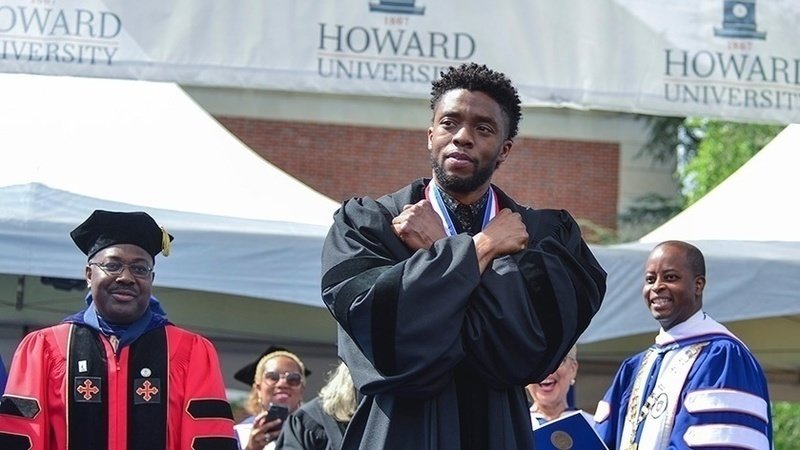
Featured image at Top: From left, NAACP President Derrick Johnson, Chadwick Boseman and director Reginald Hudlin pose with the audience following a discussion and screening of “Marshall” at Howard University. (Photo: Jackie Bazan/BazanPR)

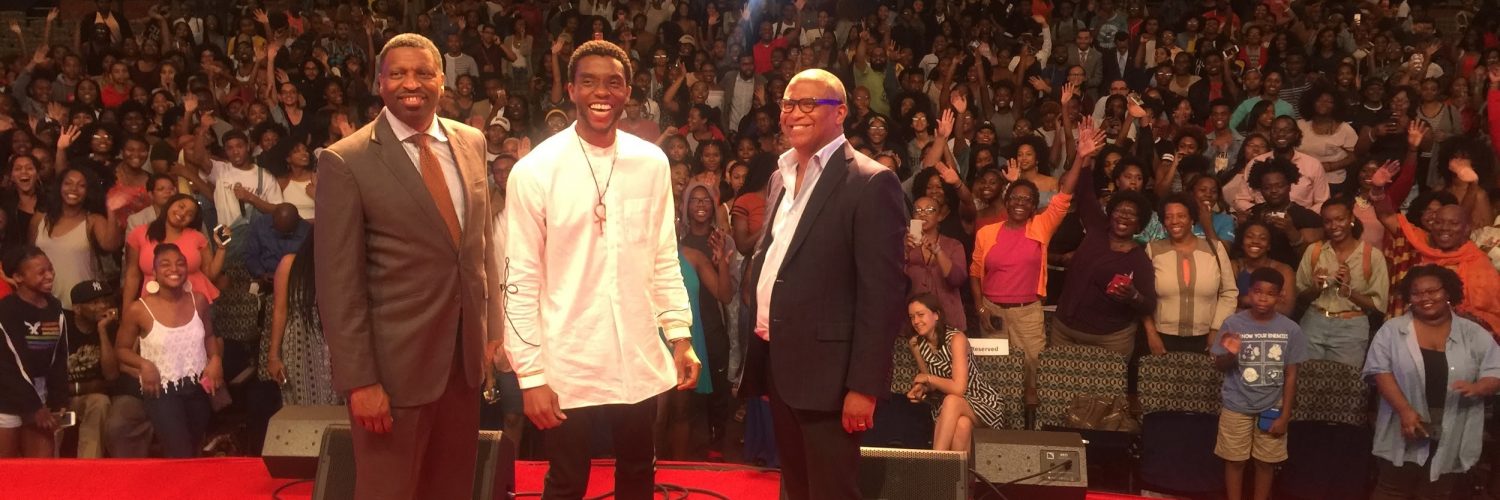
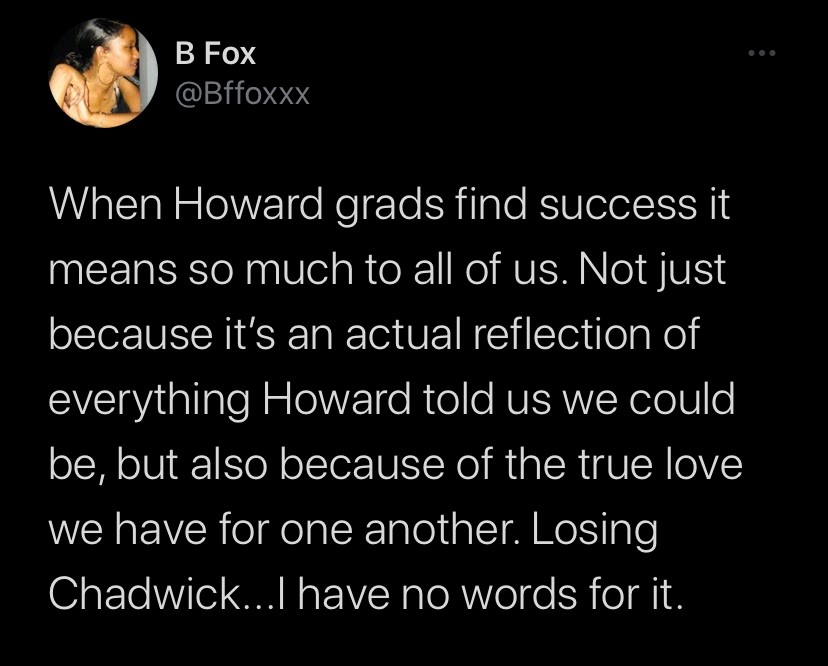





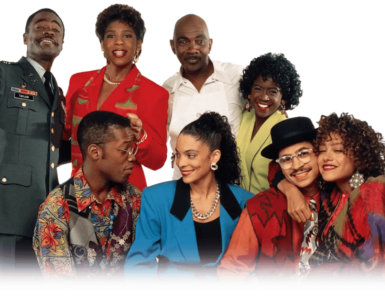
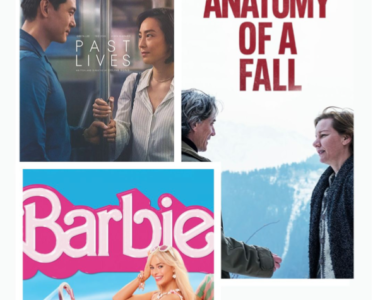
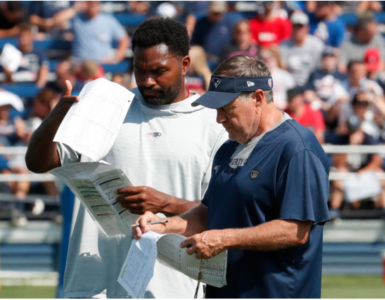
Recent Comments